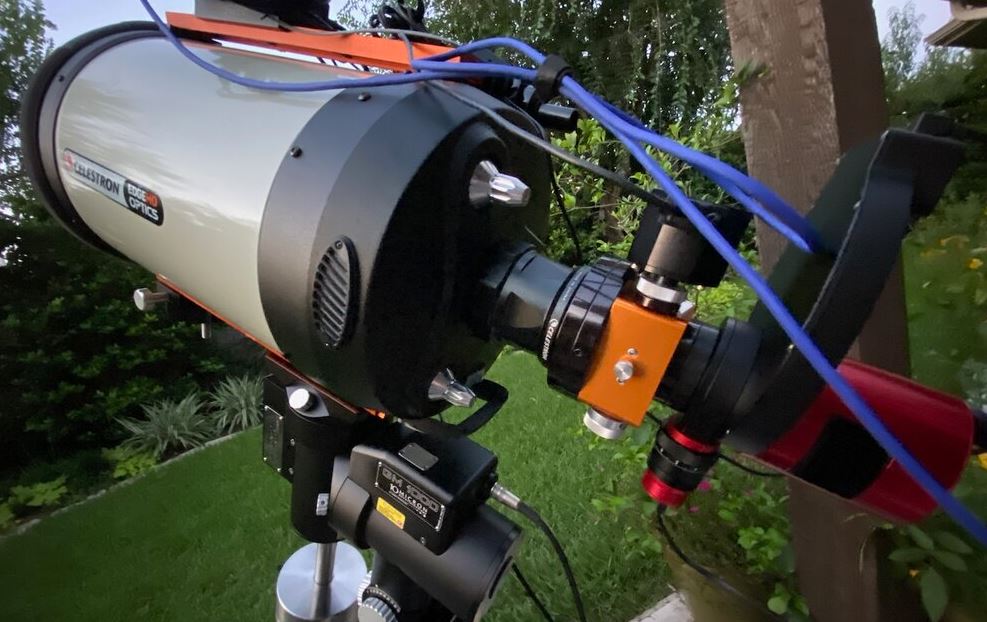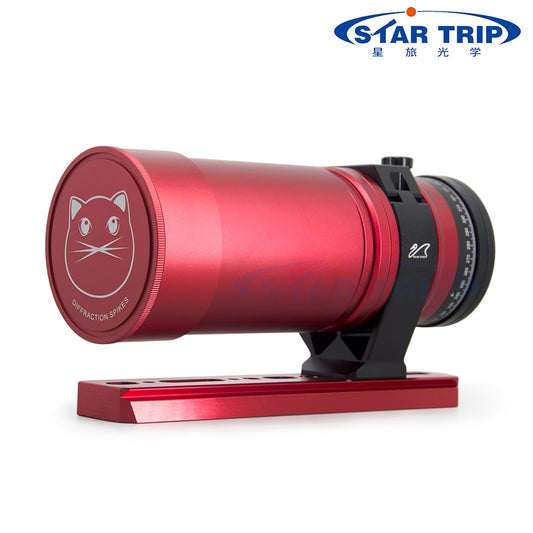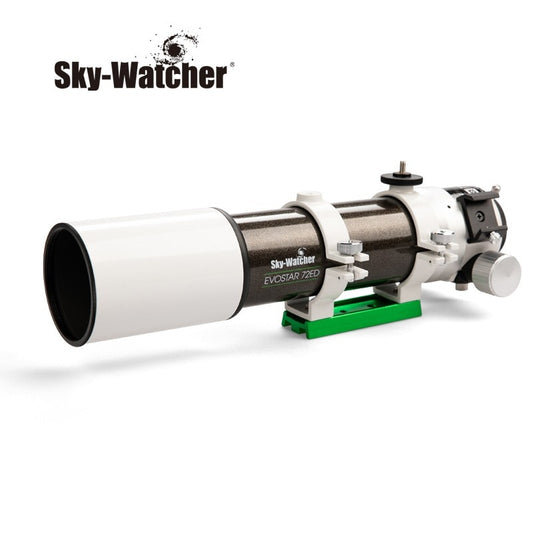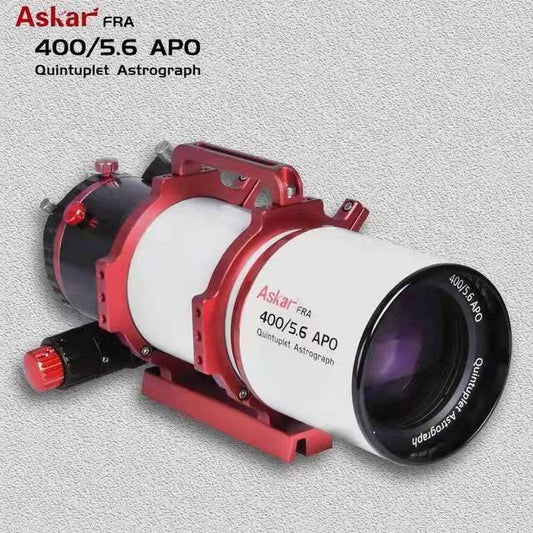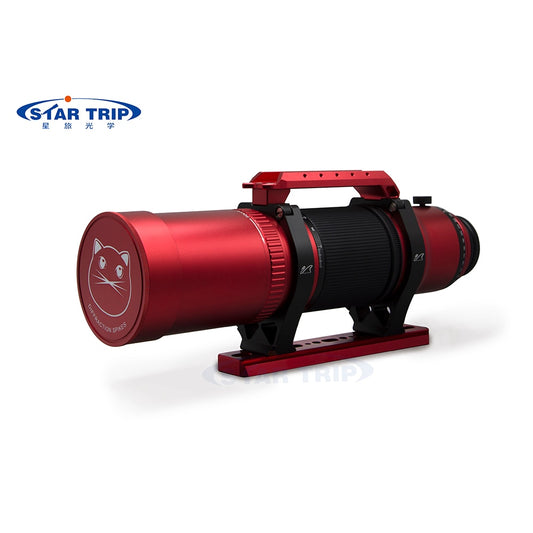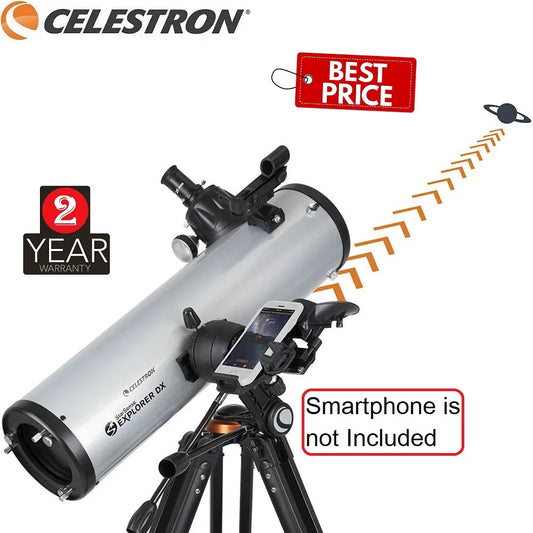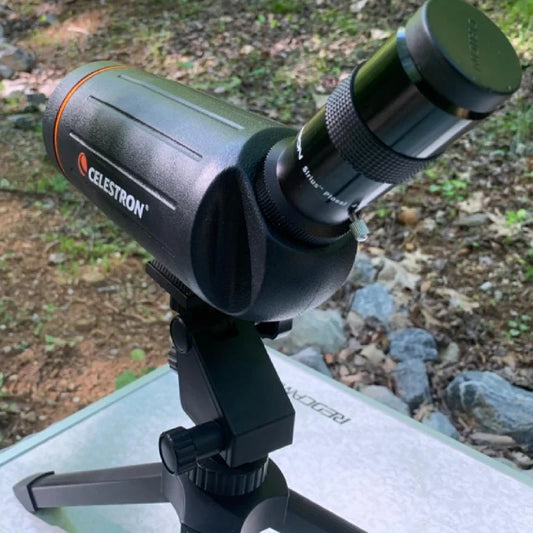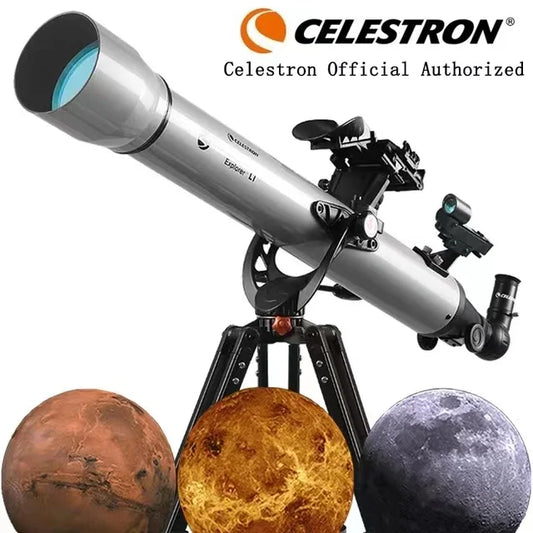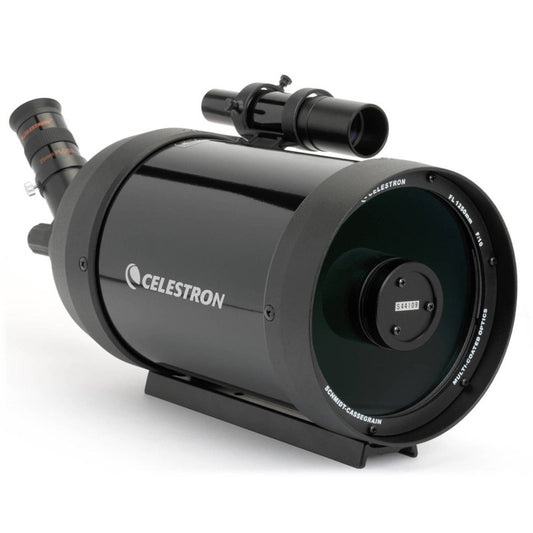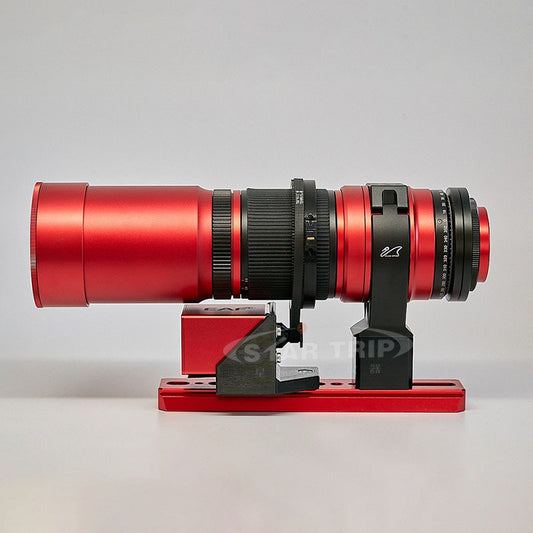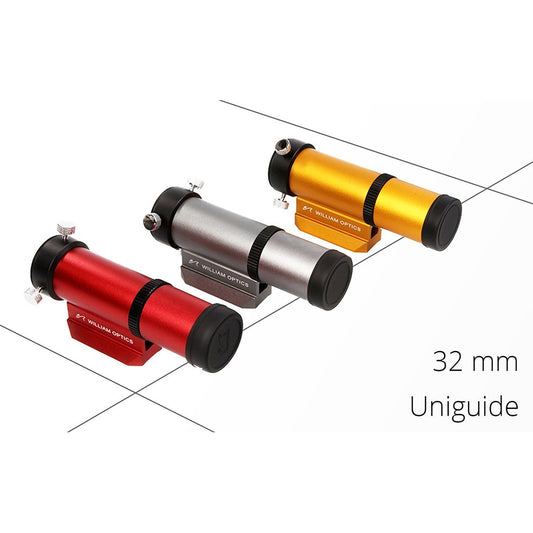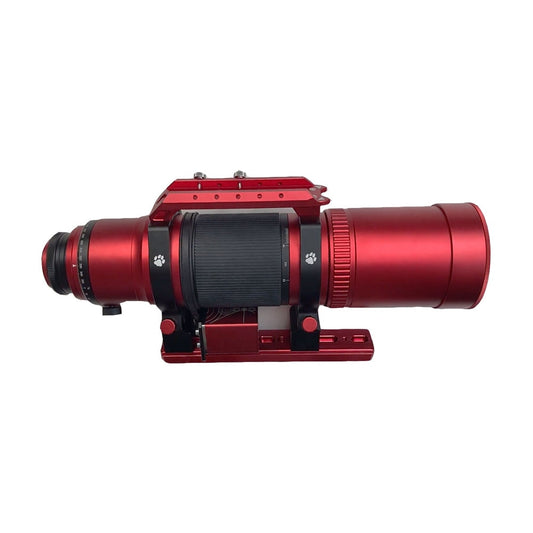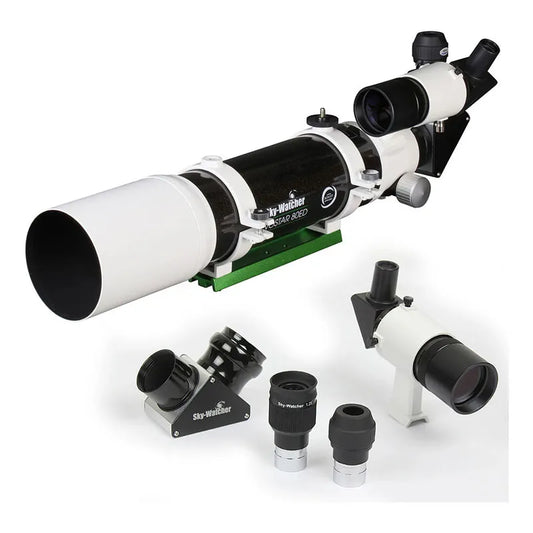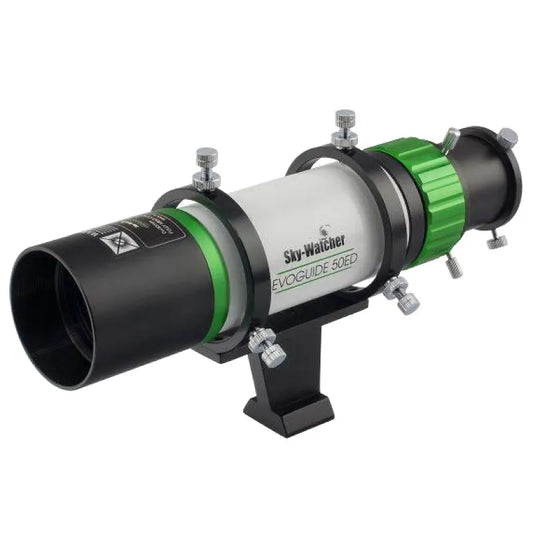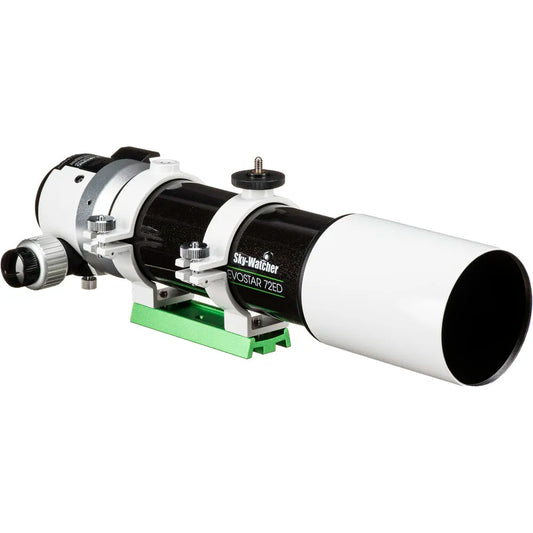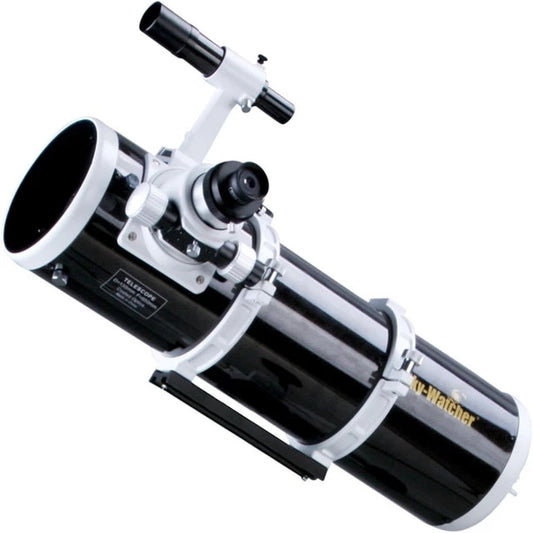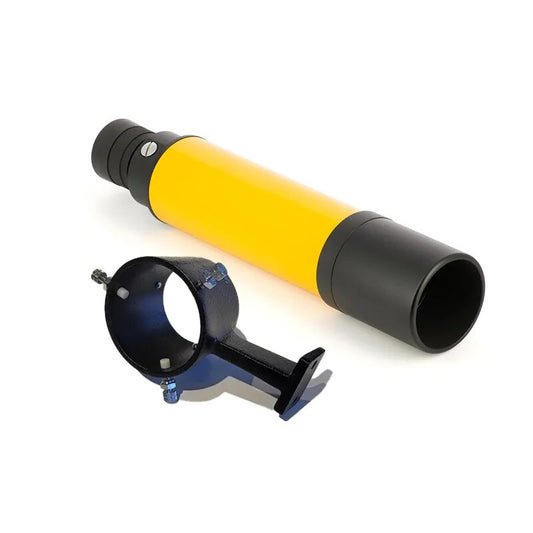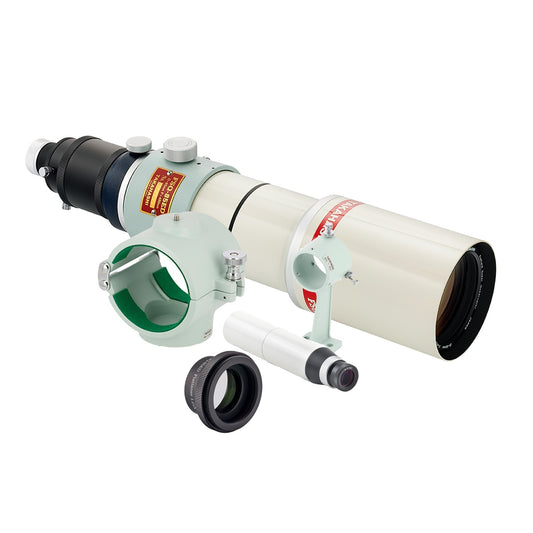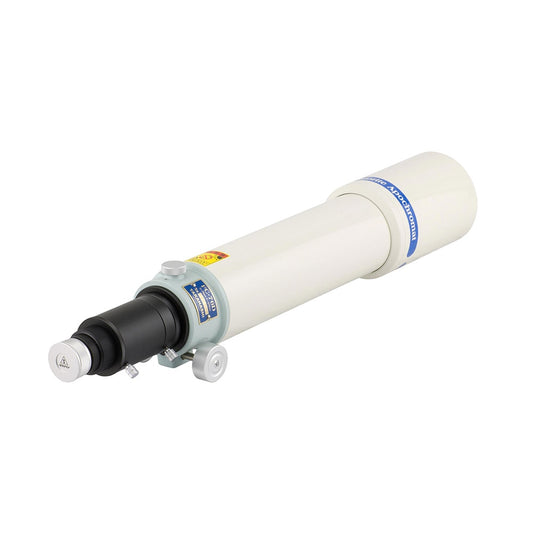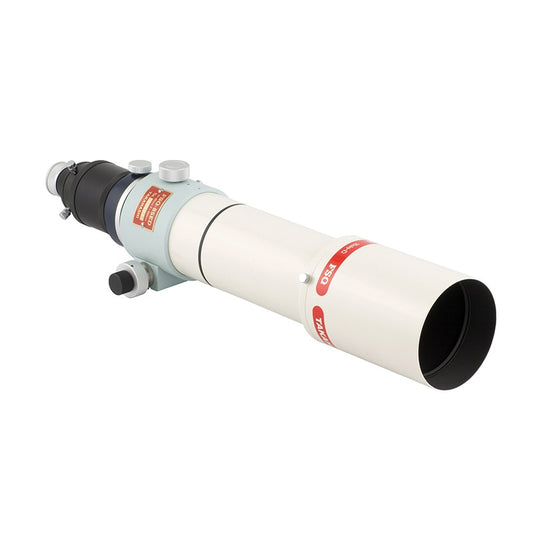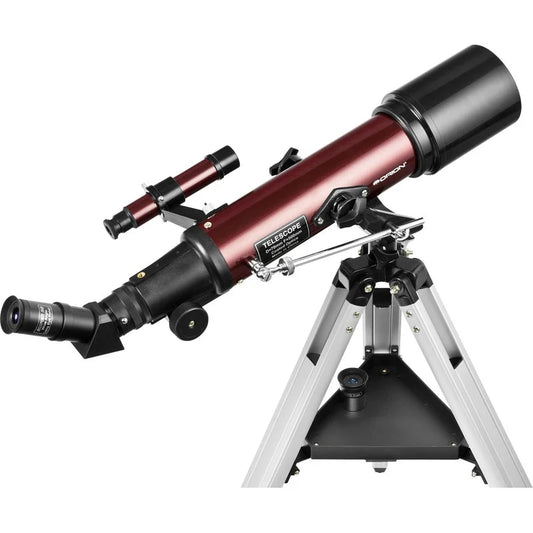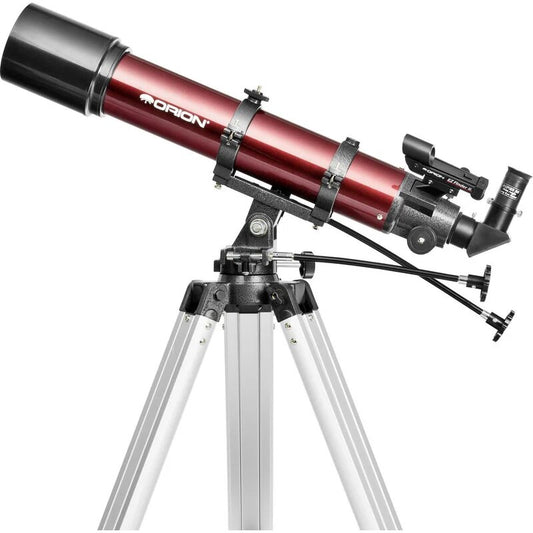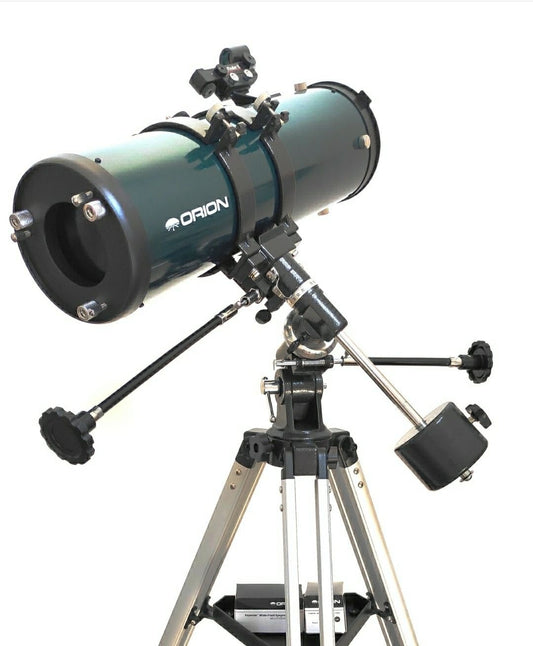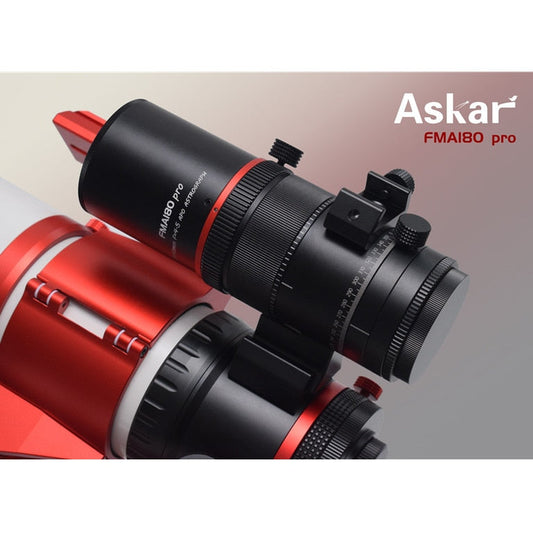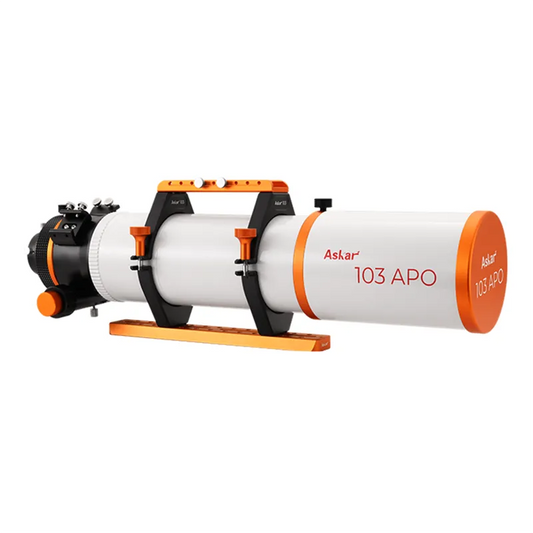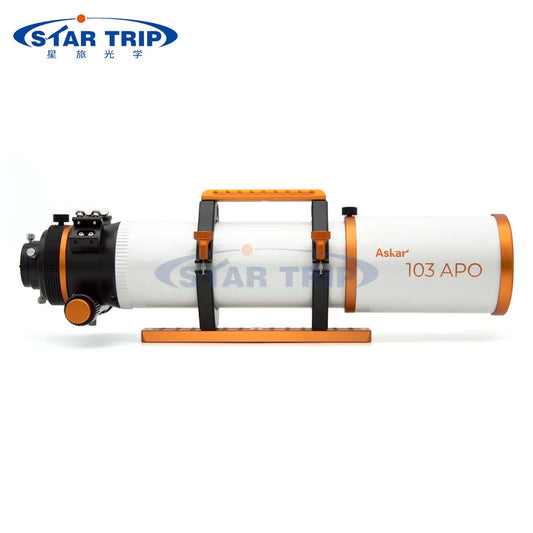10 Uses of Telescope
Telescopes, those incredible instruments that allow us to peer into the depths of space, have been a crucial tool for astronomers and enthusiasts alike. While many may associate telescopes solely with stargazing, their utility goes far beyond that. In this blog post, we will delve into the myriad applications of telescopes, from scientific research to amateur observations.
1. Stellar Research: Advancing Our Understanding of the Universe
One of the primary purposes of telescopes is to conduct scientific research on celestial bodies. Astronomers use telescopes to observe stars, planets, galaxies, and other objects to gather data and insights into the nature of the universe. With powerful telescopes like the Hubble Space Telescope, we have captured breathtaking images that have deepened our understanding of distant galaxies and cosmic phenomena.
2. Unraveling the Secrets of Exoplanets
Telescopes play a crucial role in the discovery and study of exoplanets—planets located outside our solar system. By monitoring changes in light as exoplanets transit their host stars, scientists can infer valuable information about their atmospheres, compositions, and potential habitability. Telescopes equipped with spectrographs allow researchers to analyze the chemical makeup of exoplanet atmospheres, offering clues about their potential to support life.
3. The Hunt for Cosmic Phenomena: Supernovae and More
Supernovae, the explosive deaths of massive stars, are events that emit an extraordinary amount of light and energy. Telescopes enable astronomers to track and study these rare occurrences, leading to insights into stellar evolution, nucleosynthesis, and the formation of elements. Telescopes also aid in spotting other cosmic phenomena such as gamma-ray bursts, which provide vital information about the most energetic events in the universe.
4. Mapping the Universe: Galaxy Formation and Evolution
Telescopes contribute significantly to our understanding of galaxy formation and evolution. Through deep-sky surveys, astronomers can analyze the distribution of galaxies in the universe, discern patterns of clustering, and uncover the large-scale structure of cosmic web. This information helps us comprehend the forces shaping the universe on the grandest scales.
5. Satellite Communication and Earth Observation
Telescopes aren't limited to gazing beyond our planet; they also play a crucial role in satellite communication and Earth observation. Ground-based telescopes are used to communicate with and track satellites in orbit, ensuring seamless data transmission and navigation. Furthermore, these telescopes aid in monitoring our own planet, gathering data on weather patterns, environmental changes, and natural disasters.
6. Amateur Astronomy: A Window to the Universe
Beyond scientific research, telescopes offer a gateway to astronomy for enthusiasts and hobbyists. Amateur astronomers use telescopes to observe the moon, planets, and bright deep-sky objects like star clusters and nebulae. With accessible and affordable telescopes available, individuals can explore the wonders of the night sky and develop a deeper appreciation for the cosmos.
7. Capturing the Beauty of Celestial Events: Astrophotography and Telescopes
Telescopes also serve as essential tools for astrophotography, allowing photographers to capture stunning images of celestial events and objects. By attaching cameras to telescopes, photographers can create breathtaking shots of the moon's craters, the intricate details of planets, and the colorful hues of distant nebulae. Astrophotography enthusiasts use telescopes to create awe-inspiring images that bridge the gap between science and art, showcasing the celestial beauty that surrounds us.
8. Unveiling the Mysteries of Black Holes
Black holes, enigmatic cosmic entities with gravity so intense that not even light can escape, have intrigued scientists for decades. Telescopes equipped with special instruments like X-ray and radio detectors enable us to study black holes by observing the radiation emitted as matter spirals into these gravitational behemoths. By analyzing these emissions, researchers can uncover insights into black hole behavior, accretion processes, and the profound effects they have on their surroundings.
9. Contributing to Space Situational Awareness
In the increasingly crowded realm of space, the risk of collisions between satellites and space debris is a growing concern. Telescopes play a crucial role in space situational awareness, tracking the movement of satellites, space junk, and potential hazards. These observations help space agencies and organizations make informed decisions about satellite positioning, collision avoidance maneuvers, and ensuring the long-term sustainability of space activities.
10. Unraveling the Nature of Dark Matter and Dark Energy
Two of the most mysterious components of the universe—dark matter and dark energy—remain largely elusive. Telescopes aid researchers in studying these enigmas by observing the way galaxies and galaxy clusters behave under their influence. Telescopic observations provide data that can be used to infer the presence and effects of these invisible forces, shedding light on the fundamental nature of the cosmos.
Conclusion
Telescopes are not just tools; they are gateways to the universe. Their importance lies in their ability to unveil hidden worlds, unravel stellar secrets, probe planetary realms, and investigate transient cosmic phenomena. Through telescopic observations, we gain a deeper understanding of our place in the cosmos and ignite our curiosity to explore further. The significance of telescopes in advancing our knowledge, inspiring future generations, and fostering scientific literacy cannot be overstated. They remain invaluable instruments in our ongoing quest to comprehend the mysteries of the universe.
Telescope Topics:
- Who Invented The Telescope?
- When was The Telescope Invented?
- Why are Refractor Telescopes Popular?
- Best Deep Sky Objects by Month
- Best Telescope for Viewing Planets and Galaxies
- Best Telescope to See Planets and Galaxies
- Best Telescope Eyepiece for Viewing Planets
- Reflector Vs Refractor Telescope
- Takahashi Telescopes
- What Does a Focal Reducer Do on a Telescope
- Types of Telescopes
- Telescope Mounts Explained
- What is a Catadioptric Telescope
- Telescope Aperture
- How Does a Telescope Work
- Are There Telescopes for Smartphone Camera
- How Much Does a Telescope Cost
- Best Telescopes Under $1000
- What Makes a Good Telescope

